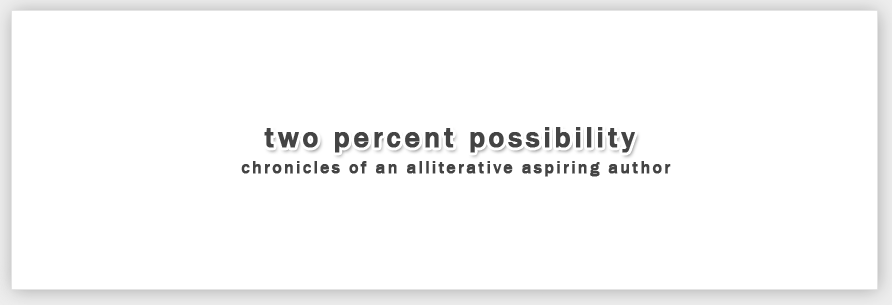"For fiction, I love stories that introduce me to new worlds -- or even better, recreate the ones I may already know."
I agree wholeheartedly with that. I love The Looking Glass Wars and Tin Man for their creative takes on Alice in Wonderland and The Wizard of Oz, respectively. Wicked was popular enough to become a Broadway musical, and there have been half a dozen new takes on Never Neverland. Like Lazar, I love reading stories based in worlds that I already know; embedding nostalgic hints of classics inside new and creative stories is just plain awesome, in my book.
But (you knew there would be a but) I have a couple of questions about this whole style. Not that I'm necessarily expecting anyone to have the answers to these questions, but what's a blog for if not for ranting?
First of all, I have to wonder how the original authors of these stories would feel about new versions. Frank Beddor actually includes Charles Dodgson (Lewis Carroll) as a character in his adaptation of Alice in Wonderland, as the person who turned Alyss' memories of bloodbaths and betrayal into a meaningless, whimsical tale. In other words, Beddor is literally saying, "Dodgson, you got Wonderland all wrong. Here's the real story."
Speaking as someone who's invented plenty of my own make-believe worlds, that doesn't sit very well with me. Not that I don't love Beddor's Wonderland. But if some upstart new writer in the future picks up a story I've written, takes the place I've created, and tells the world, "Oh, no, she told the wrong story; this is what it's really like," I feel like I would have a problem with that.
One excuse that I can think of is that the authors are taking stories specifically written for children and turning them into stories for an older audience. That way, I can see it more as, "The original had to be simplified to appeal to children, but you older readers can get the full story," instead of, "The original story was just plain wrong." It's elaborating on a simple story instead of replacing the original.
Which leads to my other question: as more stories fall into the public domain, will we see more new takes on old tales? Will someone come along and reinvent Narnia? Will we get the "real story" of what Hogwarts was like? Was Fantasia from The Neverending Story totally different from how Michael Ende described it? Did we get the "wrong" story the first time around?
Like I said, I'm a big fan of this kind of story. I love reinvented worlds, and I'm not going to stop loving them. But at the same time, it seems strange to me for people to retell a story that someone else created in a very different way.

No comments:
Post a Comment
If you comment, you're all that and a bag of chips. Like, high class chips. From Trader Joe's, or something.